The monument to this French village’s war dead is a plain white stone block with the head of a grizzled old French infantryman chiselled on top. His big capable hands are gripping the block’s edge, as though he is peering intently over the parapet of a trench. On Sunday we assembled around him to honour the 53 local men, from a population of 1,800, who lost their lives in the first world war. Schoolchildren queued at a microphone to sing out their names. A ladies choir sang a plangent song about Verdun. The state bell tolled for 11 minutes. The major made an interminable speech in the rain. Everybody sang the Marseillaise.
Around 300 people turned out (beneath about 100 umbrellas) from a winter population the same size as it was 100 years ago. A regular soldier with a machine gun and a rakish beret patrolled vigilantly, his eyes peeled for Islamist terrorists. Apart from the final singing of the rousing national anthem, this young man and the peering poilu were the only military notes. No medal-boasting veterans were present; the only uniforms were those of the fire brigade. Otherwise it was all anoraks flapping in the squalls. The prevailing atmosphere was light-hearted, I would say. People on the outer fringes chatted and smoked and at the slightest provocation — the trendy teacher failing to control his daft children, for example — everyone laughed.
Yet one wondered. One wondered especially about the small plaque that had been fixed to the monument comfortably within living memory dedicated to ‘Nos glorieux martyrs de la Résistance’. Five names are inscribed on it: Albert Benzo, Jean Gautier, Félix Maille, Léon Gérard and Gabriel Philis. The plaque is modest, the lettering less well done. The circumstances of the deaths of Léon Gérard and Gabriel Philis are these.
In June 1944 a Maquis group calling itself Battaglia (after two brothers executed by the Germans) established itself on the Bessillon, which is a mountainous rock overlooking the village. Battaglia was supplied and controlled by French communists. Someone grassed. German soldiers, plus a company of ‘auxiliaries’ (many of whom were local Frenchmen), surrounded the Bessillon. These auxiliaries brought with them ten hostages taken from the local prison, among them 54-year-old Gabriel Philis, the respected secretary to the town mayor. The ten had been rounded up and imprisoned over the previous three days on suspicion of supporting the Battaglia group. The auxiliaries used them as porters to carry ammunition boxes to the mountain summit. The Maquis group was quickly liquidated: the hostages — job done; thanks, lads — were summarily shot. Local man Léon Gérard, 33, a resistance organiser, had run up the mountain to warn them, but too late. He also was shot and died in agony three hours later.
Locals recovered the massacred bodies and ceremoniously and ostentatiously interred them two days afterwards. The telephone lines from the village were cut beforehand to prevent any more grassing.
Today there is a rue Gabriel Philis and a rue Léon Gérard. On VE Day the mayor was assassinated, shot in the head as he walked along a road, and everyone knows who did it. We know the assassin’s son by sight. Newcomers like me are darkly warned not to enquire too deeply about the goings-on during the second world war, however, because it’s none of our business.
So one did wonder, during last Sunday’s commemorations around the monument aux morts, who had stayed away. Also what a useful, even fun, distraction it was to piously honour the innocent, manly and courageous first world war dead when the social divisions engendered by the more recent occupation are still festering. And I can sympathise. It must be awfully difficult, especially for the youth, to have one’s country overrun by young Nazis, then contained by these Nazis’ elderly fathers and grandfathers with a little help from their friends among the occupied.
After the ceremony, we went to a local bar. On the huge high-definition TV screen inside they were showing President Macron (looking thin and strained and mad) welcoming other world leaders, including Presidents Trump and Putin and Chancellor Merkel, to the Paris commemorations. Mr Putin appeared to be the only adult. Beside him, everyone else was behaving like hysterically narcissistic teenagers. Or so it seemed to me, walking past the screen with my empty glass and returning with it full.
Mrs Macron seemed to think she was hosting a charity fashion gala for all her powerful new friends and she was quite drunk with happiness. The proprietress of the bar we were in was drunk too, but on red wine. She must have spotted an urgency in my drinking behaviour because she laughed hideously and mimed injecting heroin into her forearm with a syringe every time every time I went to the bar for another.
Got something to add? Join the discussion and comment below.
Get 10 issues for just $10
Subscribe to The Spectator Australia today for the next 10 magazine issues, plus full online access, for just $10.
You might disagree with half of it, but you’ll enjoy reading all of it. Try your first month for free, then just $2 a week for the remainder of your first year.


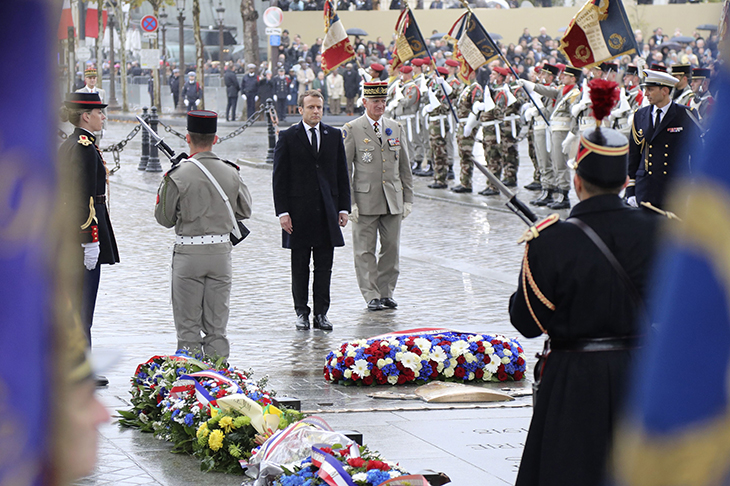
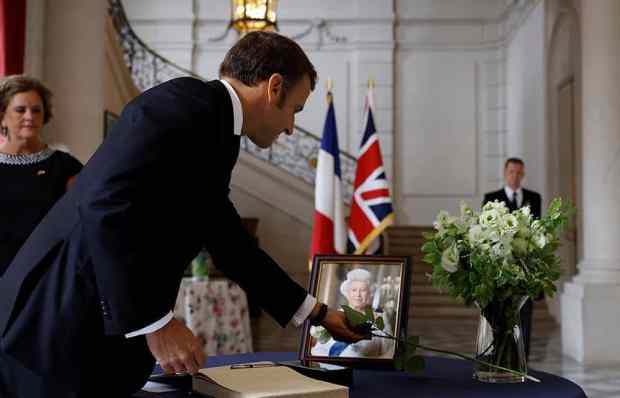
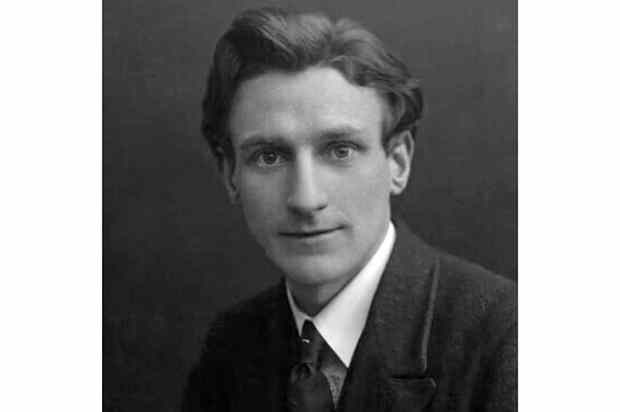
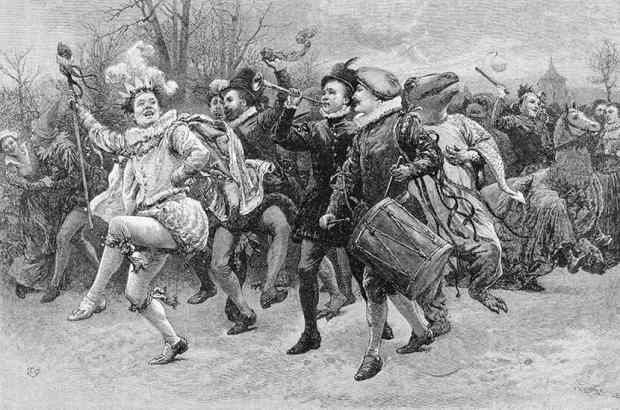
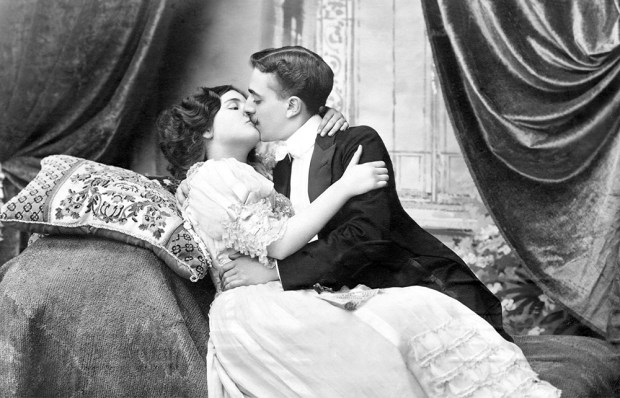
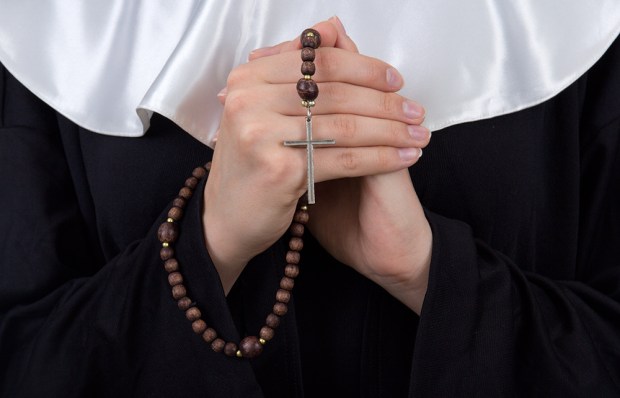







Comments
Don't miss out
Join the conversation with other Spectator Australia readers. Subscribe to leave a comment.
SUBSCRIBEAlready a subscriber? Log in